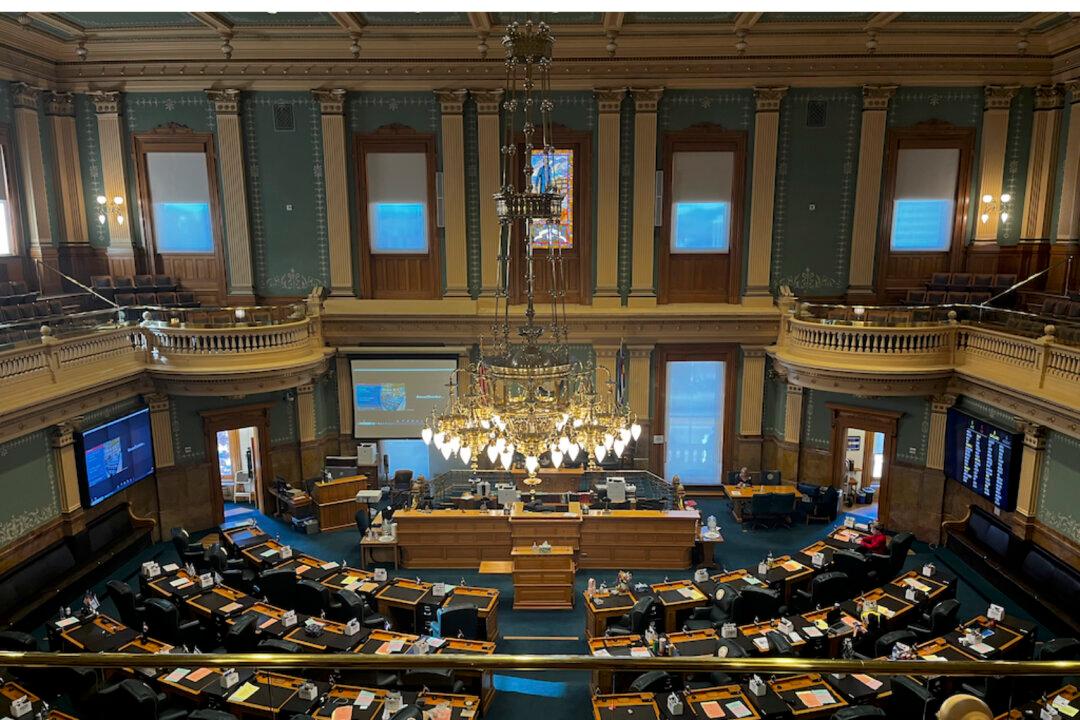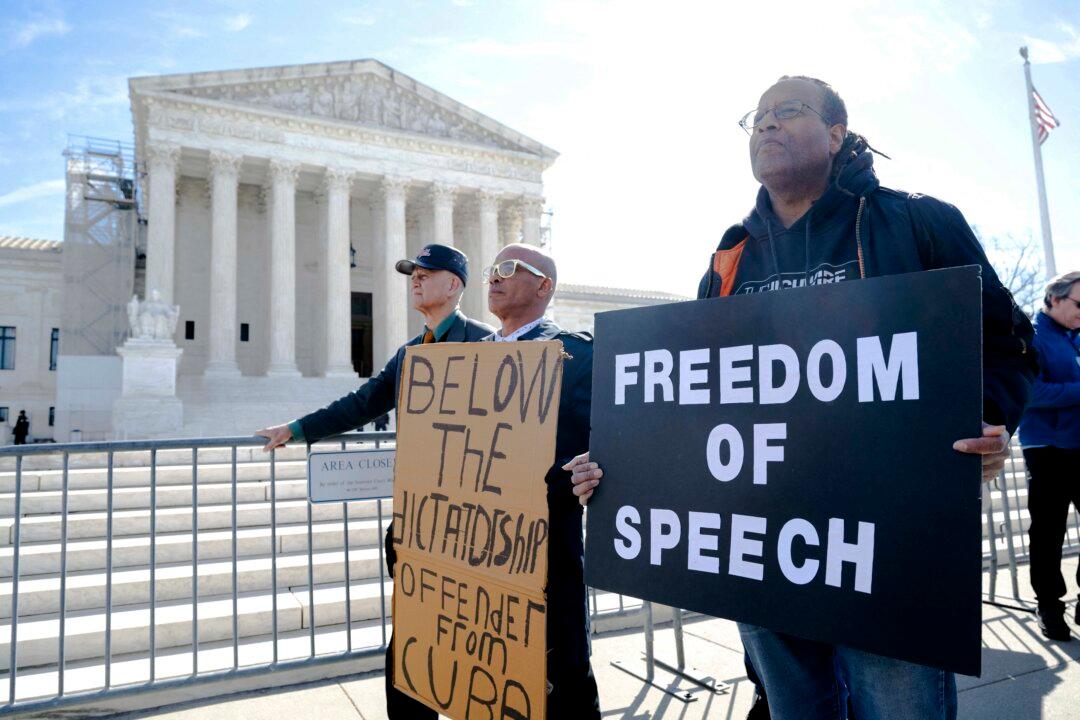DENVER—Next year, Erin Meschke’s property taxes in Boulder, Colorado, will increase by almost $14,000, she told state senators at a committee hearing during Colorado’s special session.
Ms. Meschke, along with five other Colorado residents, spoke in favor of Republican State Senator Kevin Van Wrinkle’s two-page Senate Bill 23B-006, which proposes capping the actual value of property used for purposes of valuation at 6 percent between 2022 and 2023.





